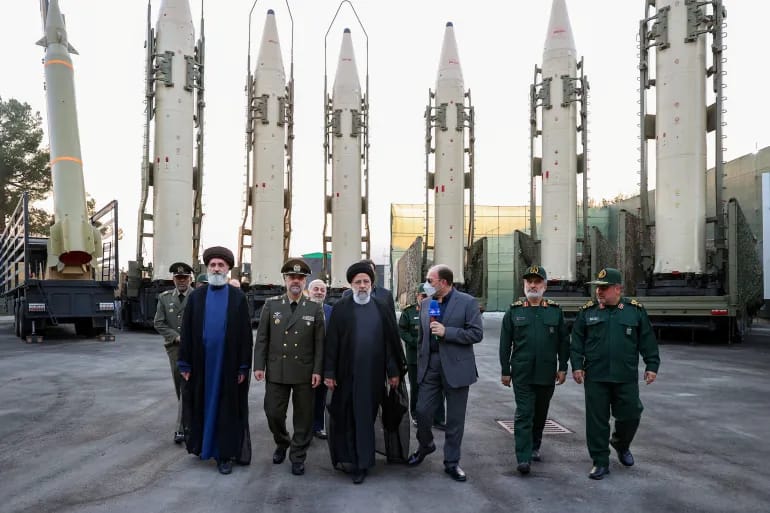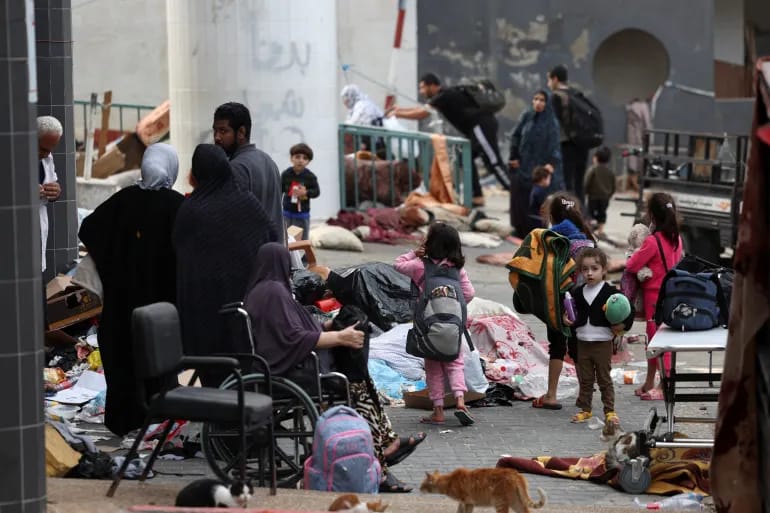The United States has raised fresh alarms, suggesting that Iran may be on the verge of providing advanced ballistic missiles to Russia for use in the ongoing war in Ukraine. This potential collaboration, while strengthening military ties between Tehran and Moscow, could strain Iran’s delicate relations with the European Union. As the international community watches with bated breath, questions arise about the likelihood of Iran delivering missiles and the intricate dynamics at play amid the escalating hostilities between Iran and the West during the war on Gaza.
Washington’s Alarming Allegations
The White House has intensified its warnings, asserting that Iran might be gearing up to take its support for Russia to a new level by supplying ballistic missiles destined for the Ukrainian conflict. John Kirby, the White House security spokesman, claimed that in exchange for this support, Russia has promised Iran unprecedented defense cooperation, including cutting-edge electronics and air defense systems. This follows Iran’s desire to procure billions of dollars worth of military equipment from Russia, ranging from attack helicopters to combat trainer aircraft.
Military Considerations and Iran’s Motives
From a military standpoint, the provision of precision-guided ballistic missiles by Iran to Russia could strategically benefit both nations. Fabian Hinz, a military analyst at the International Institute for Strategic Studies, emphasized the potential advantages, citing the scarcity of precision-guided munitions and the need for substantial quantities in the ongoing conflict. Despite the potential military gains, the likelihood of this collaboration remains uncertain, with political reluctance and possible legal challenges looming large.
Hinz highlighted Iran’s incentives for bolstering military cooperation with Russia, including the prospect of financial gains and access to advanced military technology. The recent expiration of UN restrictions on Iran’s missile program, coupled with the complementary nature of their arms industries, presents a unique opportunity for both nations to enhance their military capabilities.
Missile Details and Implications
Iran has showcased its Ababil and Fateh missiles, including those with a range of over 700 km, to Russian officials. The Fateh category comprises solid-propellant, precision-guided systems known for their accuracy when deployed by Iran. These potent missiles could significantly impact the ongoing conflict in Ukraine, covering a substantial geographical area. However, the necessity for precise intelligence for deep strikes inside Ukraine poses a challenge for Russia.
Navigating Diplomatic Challenges
While the U.S. has been sounding the alarm for nearly a year, Tehran has yet to make a major policy shift. Analysts, such as Abdolrasool Divsallar, argue that Iran’s calculus involves assessing the potential benefits from Russia against the risk of escalating tensions with the European Union. Diplomatically engaged with European actors on the Israel-Gaza conflict, Iran may be using military displays with Russian officials as a bargaining tool. As global concerns mount, the intricate dance between Iran, Russia, and the broader international community continues, leaving the world on edge amidst the ever-evolving geopolitical landscape.
















